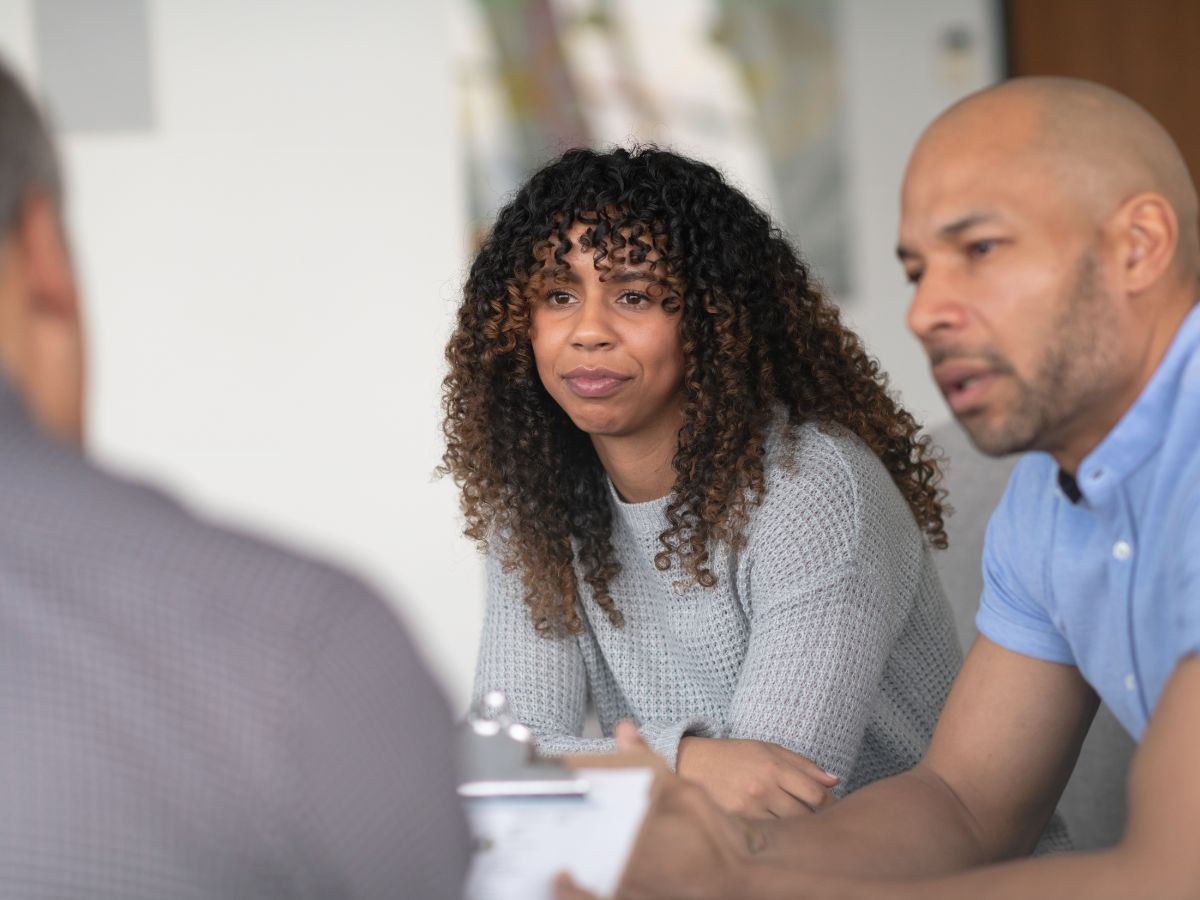In a Tougher 2025, Black Communities Are Fighting for Mental Health Access
Mental health concerns are rising nationwide, but the impact is especially acute in southeast Michigan’s Black communities. Tyler Logan, Founder and CEO of Black in Public Health, sees this reality playing out every day in metro Detroit and surrounding areas.
“The behavioral health needs in our communities have intensified since the pandemic,” Logan says. “But they were already there — COVID just amplified existing gaps.”
A complex, layered crisis
Logan explains that behavioral health challenges — those that include both mental health and substance use — have increased significantly since 2020. In cities like Detroit, which has one of the highest Black populations in the country, those challenges are particularly visible.
The reasons are many. Social isolation during the pandemic led to a rise in anxiety and depression among both youth and adults. Financial pressures, including the rising cost of living and wage inequities, are compounding stress. And broader political dynamics, such as anti-immigration policies and the rollback of diversity, equity, and inclusion (DEI) efforts, add additional pressure.
“There are families being separated by deportation,” Logan says. “Even if you’re not directly affected, you’re part of a community that’s being disrupted.”
On top of this, Logan notes, the federal government has cut or threatened to cut key funding for behavioral health services, especially those embedded in schools or serving marginalized populations.
Funding cuts with broad impact
According to Logan, many local organizations depend heavily on federal dollars to deliver mental and behavioral health services. This includes in-school therapists, peer support specialists, and programs that support returning citizens after incarceration.
“With grant funding in jeopardy, some organizations may need to close programs or reduce hours. Some may close entirely,” he says.
The result could be fewer available services and longer wait times, even for people in urgent need. “Organizations that used to offer walk-in hours might now only operate one or two days a week. Staff are stretched thin, and people are still trying to access care.”
These cuts are particularly concerning for people without insurance. “If you’re uninsured, options were already limited. Now they’re even more limited,” Logan says.
DEI rollbacks and their ripple effects
Logan also highlights how recent rollbacks of DEI policies are impacting mental health in more subtle, but no less serious, ways. He shared the story of a medical student at the University of Michigan who was told — midway through a lecture — that DEI-based scholarships were being rescinded.
“Students are losing financial and emotional supports they counted on,” Logan says. “And this is happening while they’re under immense academic pressure.”
While these policy changes often unfold behind the scenes, Logan warns that their effect on students’ mental health, especially those who are first-generation college attendees or from underrepresented backgrounds, can be profound.
Navigating growing barriers
For individuals and families in southeast Michigan’s Black communities, accessing behavioral health services is becoming more complicated. Logan points to logistical issues like reduced clinic hours, limited staff and shrinking appointment availability as growing barriers.
“There are more people seeking help, but fewer resources available,” he says. “That creates a bottleneck, and real consequences for those who need timely care.”
Programs that were once free or low-cost may start charging fees. Others may not survive the funding shortfall at all. This is especially troubling for populations like immigrants, returning citizens and low-income families, who already face systemic barriers to care.
Community-based organizations step in
Even in this difficult climate, Logan sees reason for hope in the work of local organizations that continue to serve with creativity and commitment.
“These groups are innovating, finding new ways to meet community needs even as formal funding shrinks,” Logan says.
Here are a few:
- Black Family Development, Inc. provides behavioral health services to families, especially in Detroit and Wayne County.
- Gary Bernstein Community Health Clinic in Pontiac offers free health services — including behavioral and dental care — to uninsured individuals.
- Jacob’s Locker, a new nonprofit, promotes mental health among men of all backgrounds, created in memory of a loved one lost to suicide.
- The Divine Nine National Panhellenic Council, a network of historically Black fraternities and sororities, hosts behavioral health panels, health fairs and other support efforts in collaboration with health systems and community organizations in metro Detroit.
Looking ahead
While the behavioral health landscape in southeast Michigan faces serious challenges, Logan emphasizes the resilience of the region’s Black communities.
“Mental health struggles in our communities aren’t new,” he says. “But neither is our ability to adapt. We’ve always found ways to support each other.”
Innovation, partnership, and leadership, says Logan, will be essential in the coming years. “We need to lean into what we do best — working collectively, lifting each other up and navigating change together.”
Learn more about how the Ethel and James Flinn Foundation supports mental health access to diverse populations in southeast Michigan.

